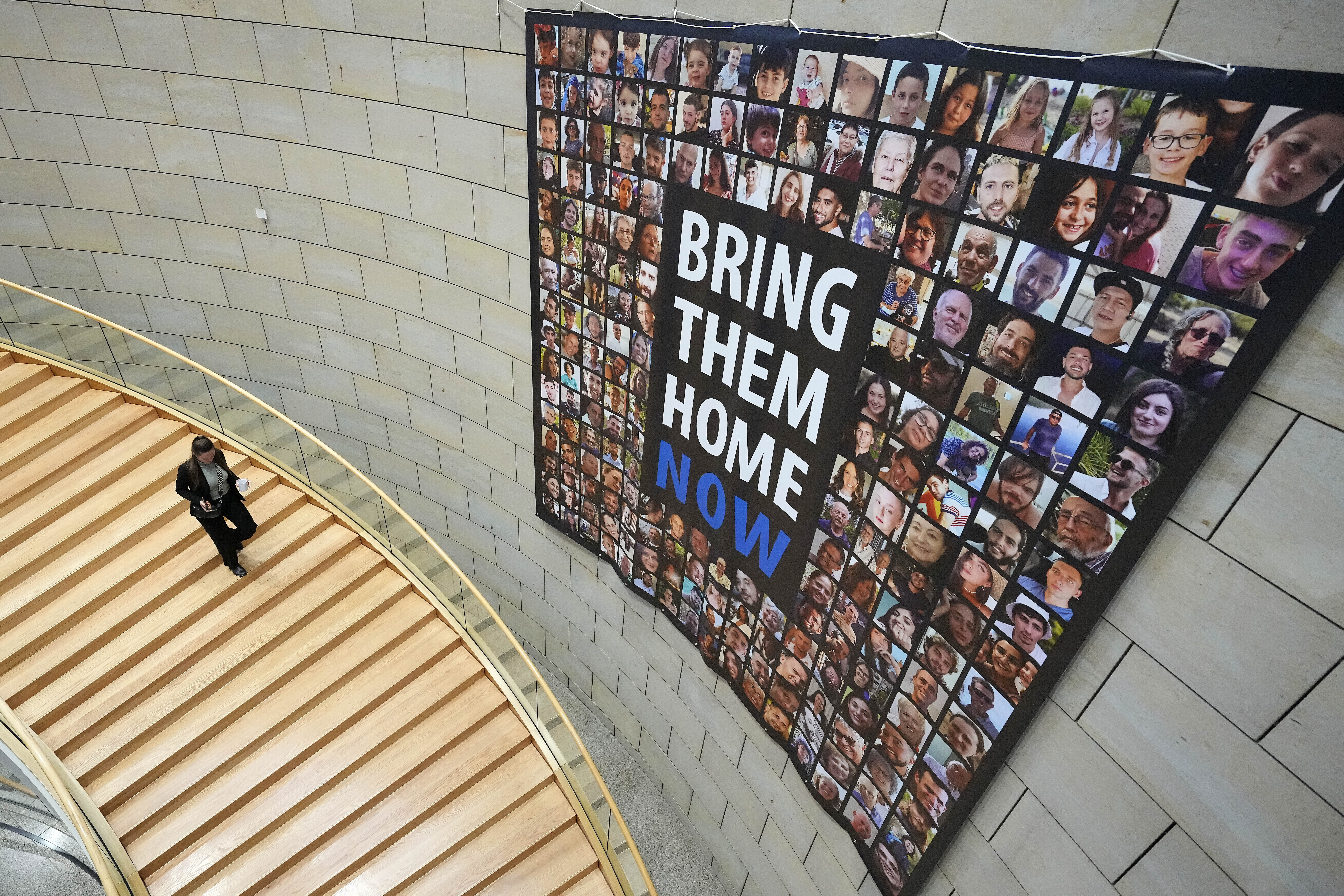
The United States has not yet brokered a deal with Israel and Hamas to free the remaining hostages in Gaza, Deputy national security adviser Jon Finer said Sunday, but “many areas of difference” have been “narrowed.”
“[We] believe we are closer than we have been to reaching a final agreement,” but “on an issue as sensitive as this, as challenging as this, the mantra that nothing is agreed until everything is agreed really does apply,” Finer told CBS’ Margaret Brennan during an interview on “Face the Nation.”
Finer's comments come after Qatari Prime Minister Sheikh Mohammed Bin Abdulrahman al-Thani told reporters in Doha that the challenges that remain to freeing the nearly 240 hostages believed to still be held by Hamas are “just practical and logistical.”
“I’m now more confident that we are close enough to reach a deal that can bring the people safely back to their home,” he said.
Qatar has previously played mediator between Hamas and Israel during the conflict, and was involved in the negotiations that led to the release of four hostages in October, including an American woman and her daughter, and two Israeli women.
The Washington Post reported Saturday evening that Hamas was close to agreeing to free at least 50 hostages in exchange for a five-day pause in fighting from Israel that would allow a significant increase in the amount of humanitarian assistance, including fuel, into Gaza. But the U.S. was quick to clarify that a deal has not yet been reached, and the Post backed off from its statement.
“We have not reached a deal yet, but we continue to work hard to get to a deal,” National Security Council spokesperson Adrienne Watson posted on X, formerly Twitter.
On Sunday, Finer emphasized the urgency of the situation.
“Every minute, every hour, every day that these people spend in this situation is too long,” he said. “It is not acceptable that they have been held as long as they have. … so that is why it is our priority not just to get them out at some point, but to get them out absolutely as soon as possible.”

 1 year ago
1 year ago








 English (US)
English (US)